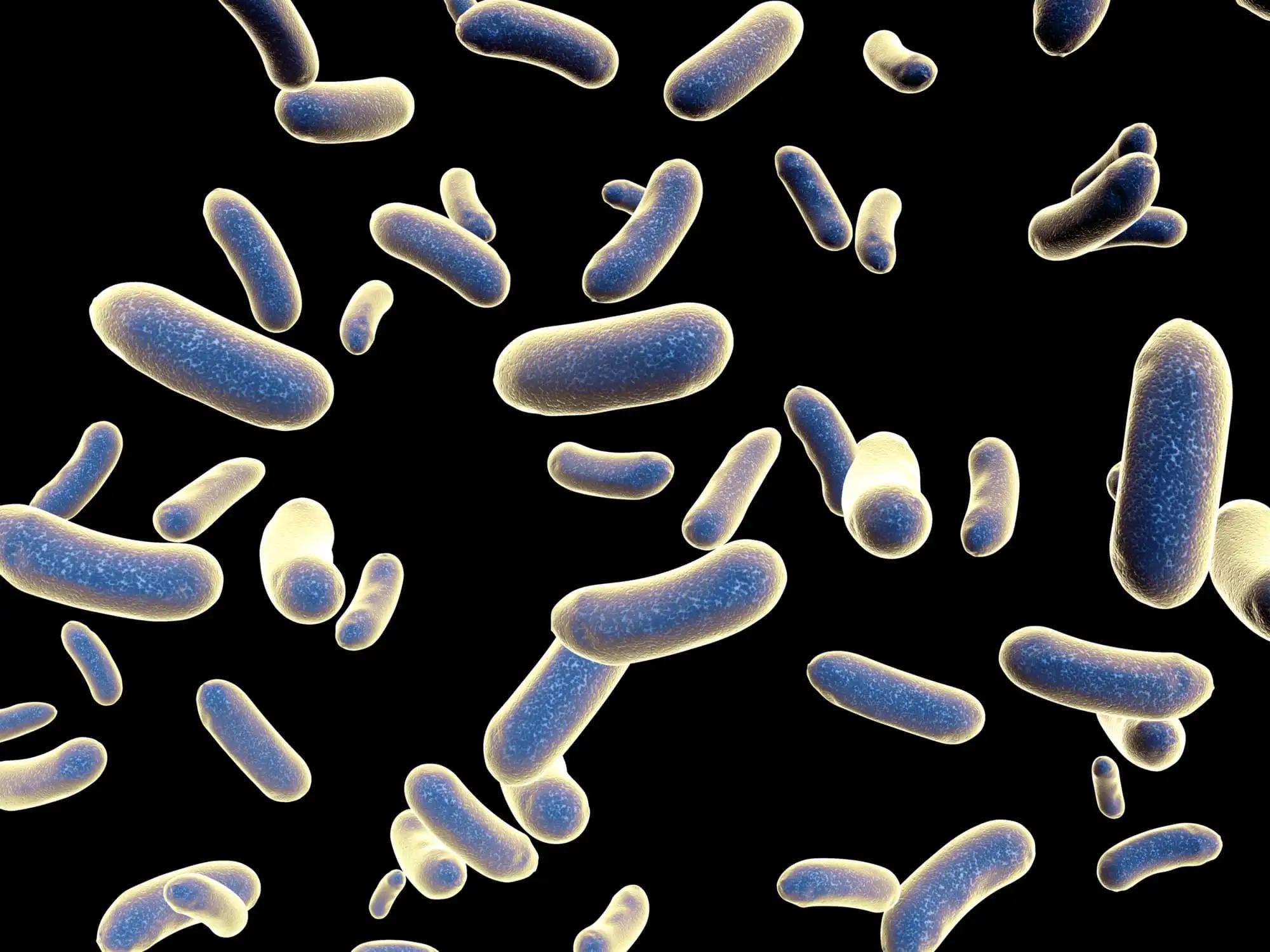KEY TAKEAWAYS
- The phase 1 trial aimed to investigate the safety and efficacy of HBI0101, in R/RMM patients.
- Researchers noticed the manageable safety, high efficacy, and timely treatment of HBI0101, even in high-risk patients, endorsing the decentralization of CART production.
Chimeric Antigen Receptor T-cell (CART) therapy has demonstrated significant efficacy in relapsed/refractory multiple myeloma (R/R MM), with recent phase 3 trials favoring idecabtagene vicleucel (ide-cel) and ciltacabtagene autoleucel (cilta-cel). However, access to these commercial CART products is a major barrier, and it is estimated that only around a quarter of eligible R/R MM patients will receive CART nowadays. The novel anti-BCMA CART, HBI0101, developed at Hadassah Medical Center and Bar-Ilan University, presents a promising solution.
In their phase Ia study of HBI0101, Eyal Lebel and his team showcased a manageable safety profile and initial high efficacy, laying the foundation for further investigation. They presented updated results from phases 1a-b/2, focusing on 50 patients receiving 800×106 CART cells.
They performed an inclusive analysis in the phase 1a study of HBI0101, initially assessing 20 R/R MM patients with ≥3 prior lines of therapy, including a PI, IMiD, and anti-CD38 antibody. The identified safe and effective dose of 800×106 CART cells underwent further evaluation in the subsequent phases Ib and 2, involving 43 additional patients.
Inclusion criteria were relatively permissive, mandating a minimum creatinine clearance of 20 ml/min, platelet count of 30×109/ml, left ventricular ejection fraction of 40%, and ECOG performance status of ≤2. Lymphodepletion, comprising fludarabine (25mg/m2) and cyclophosphamide (250mg/m2) on days -5 to -3 before infusion (bendamustine, 90mg/m2, on days -4 and -3 for patients with creatinine clearance <30ml/min), preceded CART cell infusion. The planned manufacturing time for HBI0101 was 10 days.
About 98% (50 out of 51) of patients who underwent lymphocyte apheresis received treatment with 800×10^6 CART cells; 7 patients in the phase Ia cohort and 43 in the phases 1b / 2 cohorts. In the HBI0101 study, the production success rate was 100%, achieved within a consistent manufacturing time of 10 days for all patients. The median age of the patient cohort was 65 years (range: 40-84), with a median of prior lines of therapy 4 (range: 3-13). Notably, (47/50, 94%) of patients were triple-refractory to PI, IMiD, and anti-CD38 antibody, and 20 patients of 40% were penta-refractory, while10 (20%) were refractory to the anti-BCMA antibody-drug conjugate belantamab mafodotin. 46 patients (92%) were refractory to the last line of therapy.
12 patients (24%) had high-risk cytogenetics (t(4:14), t(14:16) or deletion 17p); 31 (62%) when 1q gain was included. 16 patients (32%) had extramedullary involvement at study entry. Hematological toxicities were common, with grade 3-4 occurrences noted in anemia (62%), thrombocytopenia (54%), neutropenia (98%), and lymphopenia (100%). Cytokine release syndrome (CRS) occurred in 48/50 (96%) grade 1/2- 17 patients (82%); grade 3- 7 patients (14%). Tocilizumab was administered in 40/48 cases, with CRS (median of 1 dose, range 1-4) and corticosteroids in 8/48. 2 cases of immune effector cell-associated neurotoxicity syndrome (ICANS) and 2 cases of CART-associated hemophagocytic lymphohistiocytosis syndrome (HLH) were observed, with no irreversible organ toxicities or treatment-related deaths reported.
The overall response rate (ORR) was 45/50 (90%), including 29 patients (58%) with complete response (CR)/stringent CR, 10 (20%) with very good partial response, and 6 (12%) with partial response. At day +30, 70% achieved minimal residual disease (MRD) negativity. With a median follow-up of 11.9 months (range: 0.6-19), the median progression-free survival was 10.6 months, and overall survival was not reached.
Despite correlations between extra-medullary disease and prior anti-BCMA therapy with worse outcomes, high response rates persisted (ORR of 98%/75% for patients without/with extra-medullary disease and 95%/75% for patients without/with prior anti-BCMA therapy). Updated results will be presented at the designated time.
The study concluded that HBI0101 exhibits manageable safety and high efficacy, even in high-risk patients. The rapid production time facilitated timely treatment for 98% of apheresed patients. These encouraging findings advocate decentralizing CART production in academic settings to meet the growing demand for a reliable and sufficient CART supply.
The study is sponsored by Hadassah Medical Organization
Source: https://ash.confex.com/ash/2023/webprogram/Paper185069.html
Clinical Trial: https://clinicaltrials.gov/study/NCT04720313
Lebel E, Asherie N, Erenfeld S K, et al. (2023). “Safety and Efficacy of a Locally Produced Novel Anti-BCMA Chimeric Antigen Receptor T-Cell (CART) (HBI0101) for the Treatment of Relapsed and Refractory Multiple Myeloma.” Presented at ASH 2023 (Abstract 4852).



